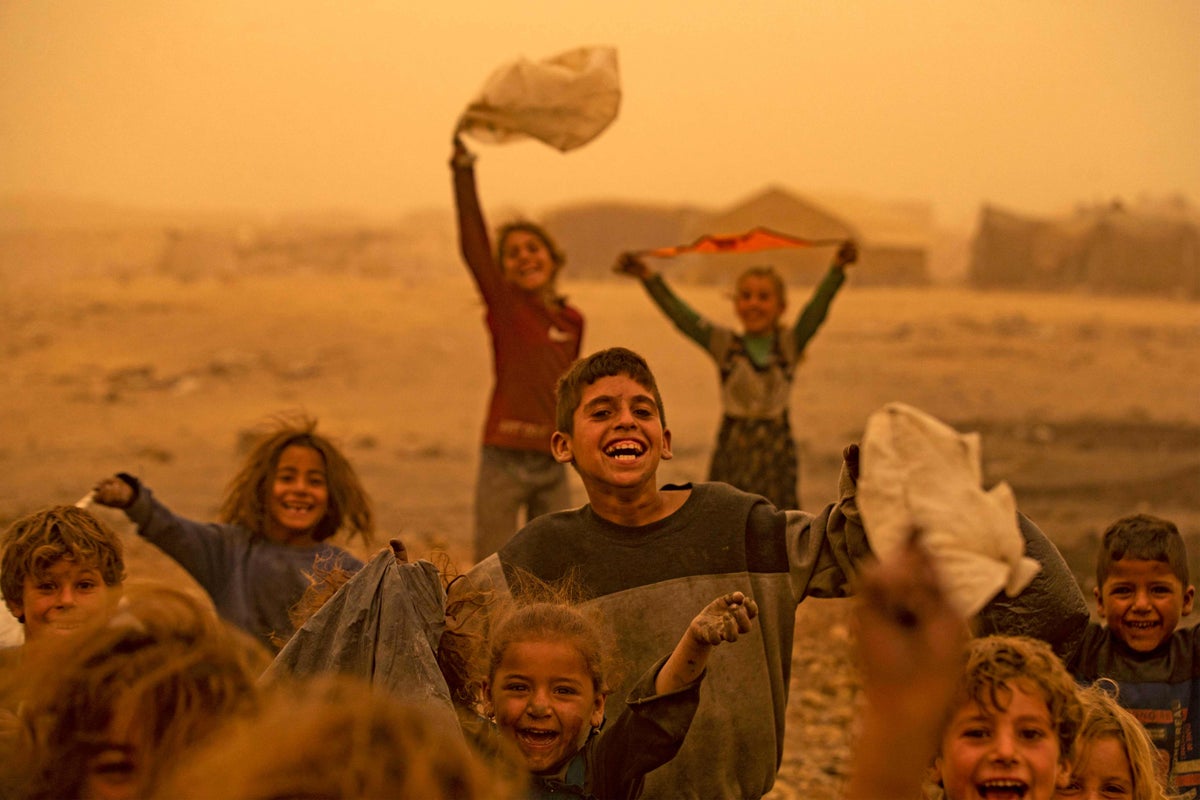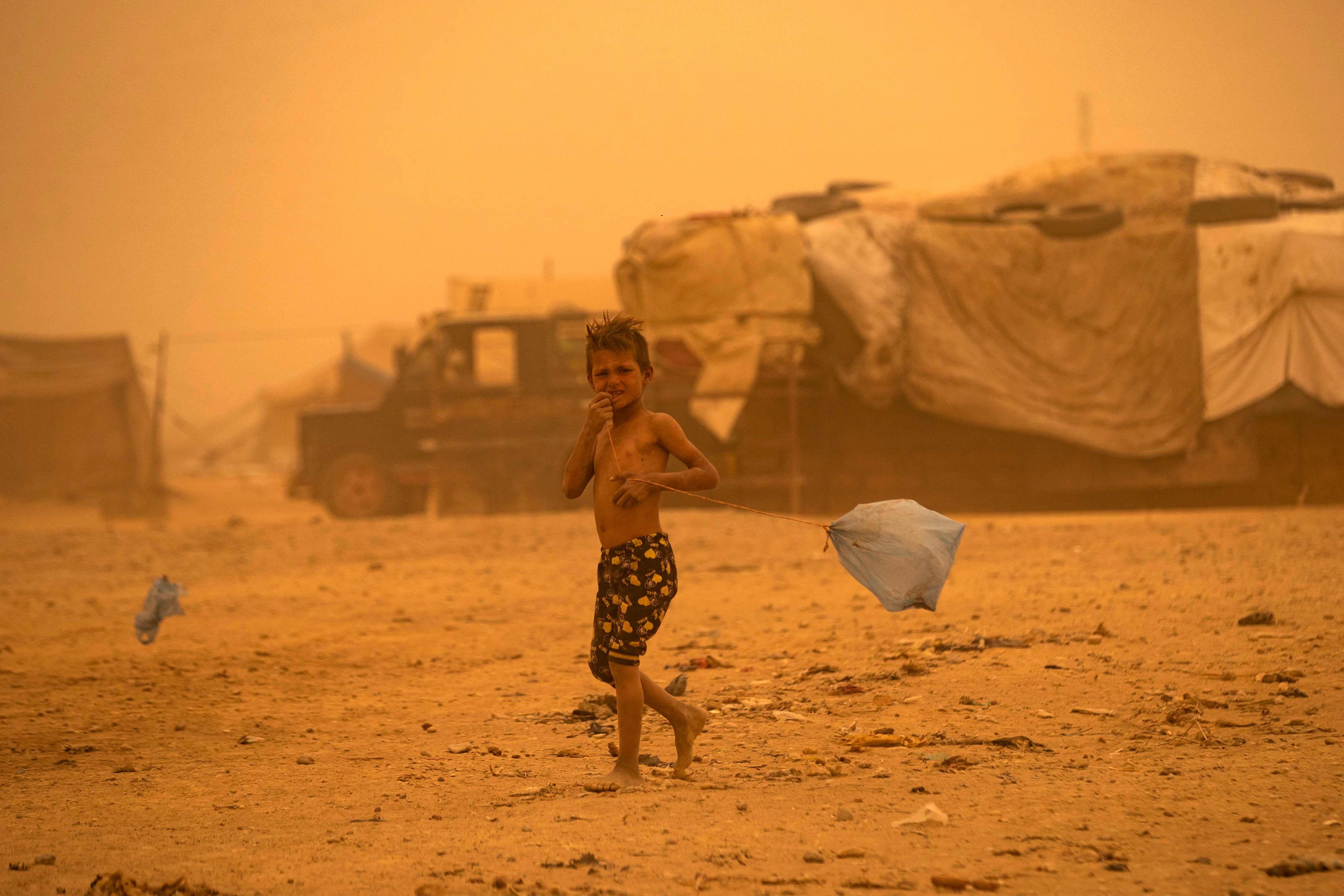
France carried out a major operation to bring back 55 of its nationals, including 40 children and 15 women, from camps in former Isis-controlled areas in northeastern Syria.
The latest repatriation operation comes almost a month after Europe’s top human rights court, in a landmark ruling, reprimanded France for refusing to bring home the families of two Isis fighters.
The children were handed over to child care services where they will undergo medical and social follow-ups, the foreign ministry said in a statement. The women will be transferred to the judicial authorities.
“France expresses its thanks to local authorities... for their cooperation which has made this operation possible”, the ministry added.
French citizens were among more than 40,000 foreign nationals in Syrian camps run by Kurdish forces since 2019, when the Isis group collapsed, according to Human Rights Watch.
Hundreds of French citizens, more than any other European country, had fled to Syria to join the militant group. Their repatriation remains a thorny issue for several countries in the continent which have delayed the return of individuals with a history of terrorism.
The repatriated families of the Isis fighters lived in “life-threatening” and “squalid conditions” in overcrowded and hellish detention camps, according to Human Rights Watch.

Paris had resisted calls by human rights groups to bring back women and children, saying they were viewed as “fighters” and should be prosecuted in the country where they had committed crimes. The issue remains sensitive as the country has suffered Isis terrorist attacks for years.
It agreed to bring back women and children on a case-by-case basis – a complex and long legal procedure criticised by human rights groups.
In July, France brought back 16 adult women and 35 children, some of them were orphans, on air force planes.
The latest round of repatriations came after the European Court of Human Rights asked France to “promptly re-examine” the repatriation request of two French women who travelled to Syria with their partners and gave birth to children.
The women alleged their children were restricted from flying back to France and their prolonged detention in Syria had exposed them to inhumane and degrading treatment.
Meanwhile, on Sunday, French cement company Lafarge, pleaded guilty in the US for supporting Isis in return for keeping a factory running after the Syrian civil war in 2011.
The company said it “deeply regretted” its actions and “accepted responsibility for the individual executives involved”. The company is ordered to pay almost $800m for paying Isis $17m between August 2013 and October 2014.







